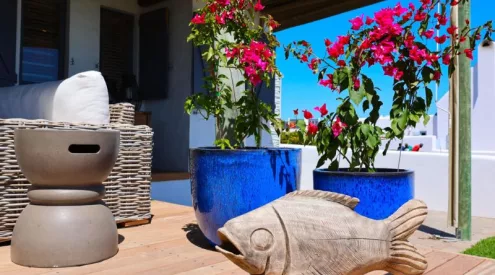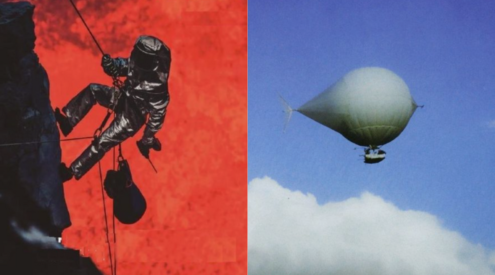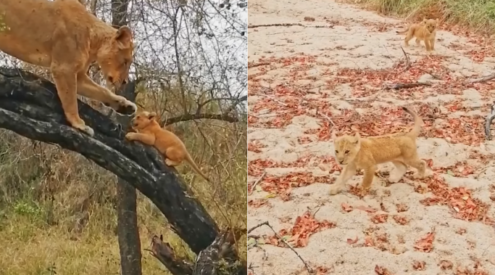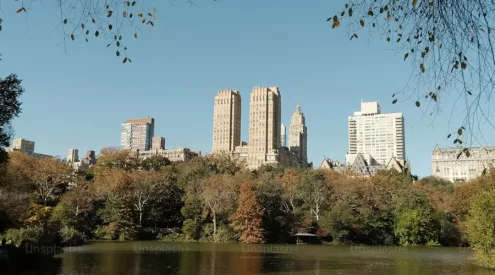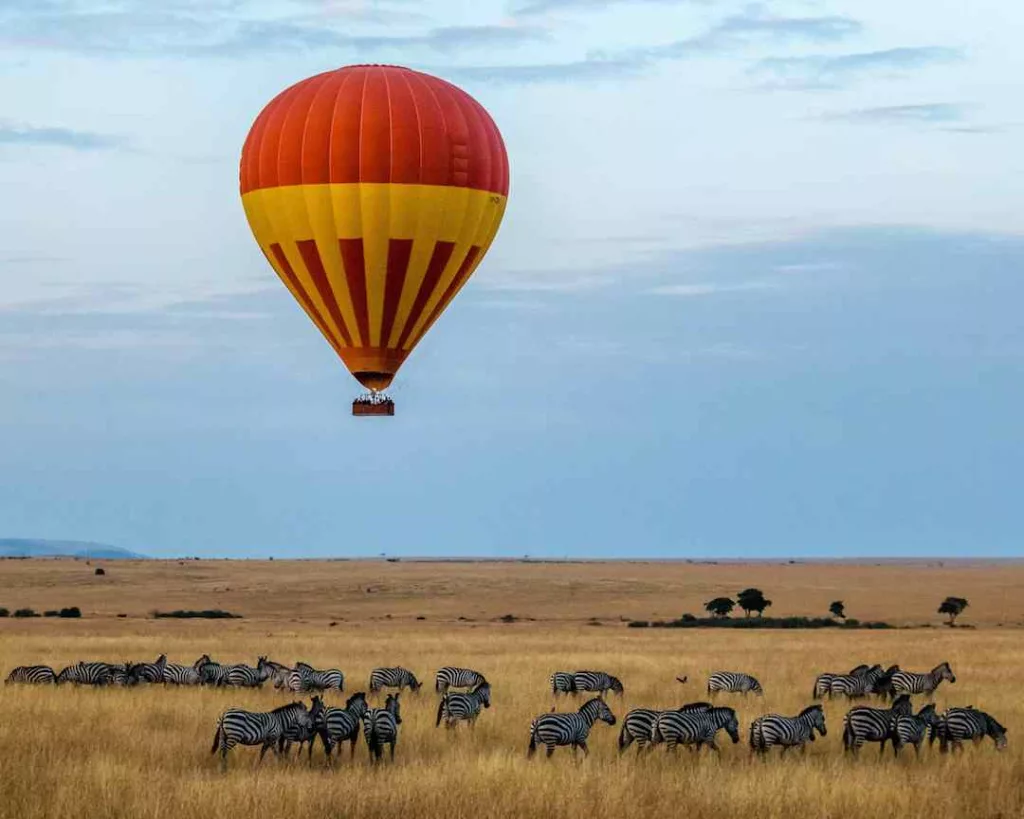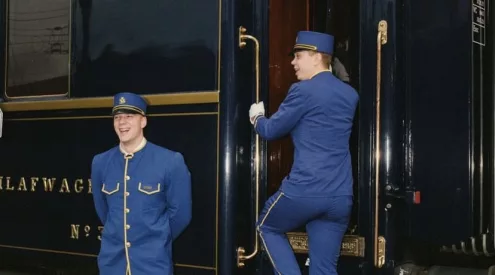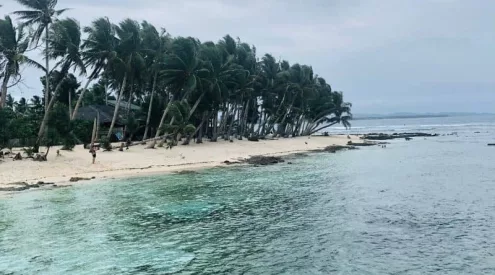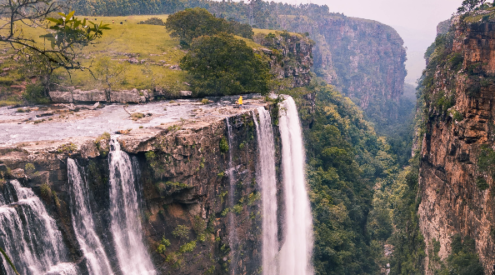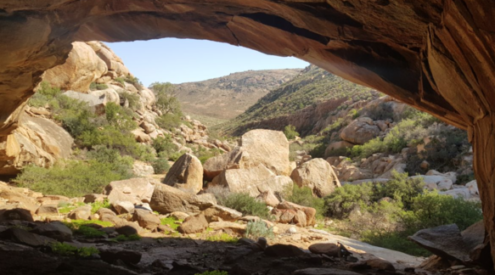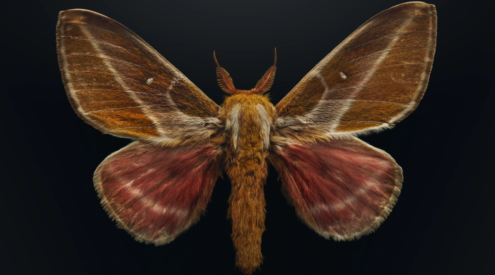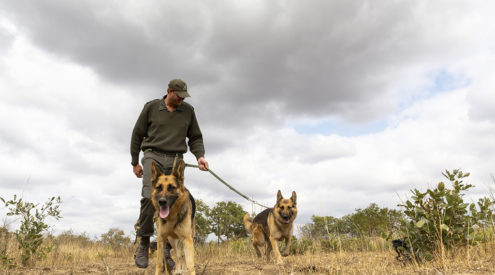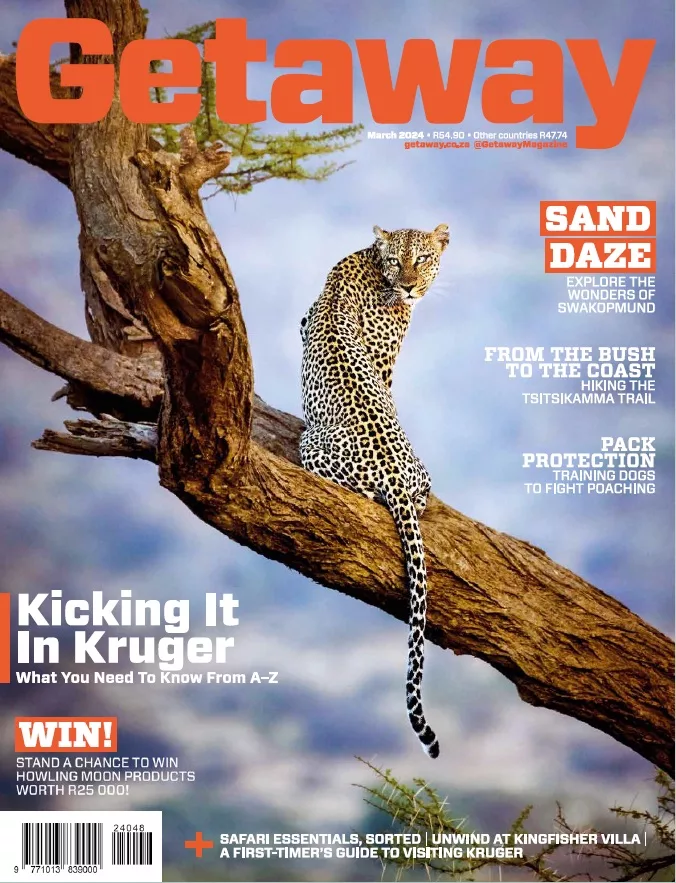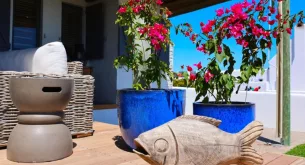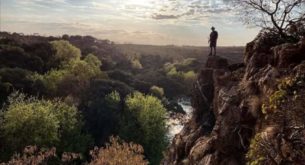Before my current visit, I had never been to the Great Fish River Nature Reserve in the middle of the Eastern Cape. I really had no idea what to expect, and none of my colleagues or friends had been there. Exactly because of this, I was intrigued by the prospect of going somewhere relatively new and unknown.
I had done some research, and the Eastern Cape Parks website stated, ‘The reserve offers a wonderful wildlife experience …’ and ‘Its open succulent valley bushveld and rugged terrain provides diverse habitats and panoramic views, boasts an abundance of game including black rhino, cape buffalo, hippo and kudu.’
Well, after a few days driving and walking with rangers across the reserve, I would be careful to pronounce Great Fish as a ‘wonderful wildlife experience’. It’s definitely not Kruger National Park, and you’ll struggle to see an abundance of game beyond hartebeest, kudu, jackal and warthog (which was traditionally not found here, but introduced). Admittedly, I visited the reserve just after some heavy rains, so whatever wildlife exists will be dispersed. The buffalo tend to be nocturnal anyway, and so I wasn’t expecting to see many of them.
However, there definitely IS wildlife out there. Reserve manager Gavin Shaw supplied me with the wildlife count figures, and there is plenty of buffalo (200 plus), kudu (1700!), hartebeest (440), eland (630) and Burchell’s zebra (140) and of course warthog (700 plus). Then there are two lonely female elephants, as well as 19 hippo in the 46 000 hectare reserve. Gavin told me that the buffalo are disease free, and several excess animals are sold off to other reserves and private game farms.
The thing is, Great Fish Nature Reserve conserves the largest single tract of sub-tropical thicket in the country, and it is the conservation of this biome which lies at the top of the reserve’s priorities. And if you’ve ever seen sub-tropical thicket, you’ll realize why it makes game viewing so difficult. It’s called thicket for a reason! You’ll struggle to see more than five metres deep through the spekboom veld and acacia karoo veld.
I’ve spoken before about the importance of thicket in the South African context, and how its principal plant – spekboom – is one of the planet’s most efficient sequestration agents of carbon, comparable to the rain forests. Spekboom is also the basis of the entire regional ecosystem, creating the microclimate for all other plants and animals to survive in what is actually a semi-arid region. Without spekboom – and its attendant veld – this region would most likely end up as a denuded desert. But, thicket is VERY thick … and after travelling to places like the Kgalagadi and Mountain Zebra National Park, where you can see for miles – literally – Great Fish will take some getting used to.
So Great Fish is not the place to go if you want your quick fix of wildlife. But hold on, like all places I’ve been to so far, there’s another side to this reserve, and it holds some interesting secrets. For a start, it has some fantastic scenery, especially along the gorge of the Great Fish River. The terrain is rugged and unforgiving, and especially at sunset and sunrise, you’ll be treated to some interesting views.

Dusk at the Great Fish River Nature Reserve
Then it is also the area where the British fought the Xhosa in the Frontier Wars in the early 1800s, and there are several historical sites. I visited the Keiskamma cemetery this morning, as well as Fort Wiltshire, and there is definitely a brooding sense of history here. It is the area around the Great Fish River where in 1812 the Xhosa people’s stand against the British failed, and so there’s also a sadness here, and a sense of a loss of innocence. It was in 1856 that the Xhosa prophetess Nongqawuse predicted that if her people killed all their cattle, the ancestors would return in February of 1857 and help drive the colonial settlers into the sea. There was a mass slaughter of cattle, and when her prophecy didn’t come true, even more cattle were killed. Disease spread, and many Xhosas died of starvation.
Moving back to the wildlife, Great Fish Nature Reserve is also prime country for black rhino, but I’d caution against getting excited about seeing them quickly. The irascible black rhino enjoy the thicket vegetation, and during the day they like to sleep up in the dense shade of the bushes, while they tend to browse and move around at night time. I’ve just been on rhino patrol with two rangers, and I’ll write up my experiences in tomorrow’s blog … my heart has only just stopped pounding!
I’ve also been impressed by the variety of wildflowers after the rains … if you look carefully, there’s a world of wonder at your feet.

During rainy season, the river floods, and you’ll require a 4×4
If you are wanting to visit Great Fish Nature Reserve, which is about an hour’s drive north of the N2 near Grahamstown, be prepared for a few things: the roads in the reserve are not good, especially after the rains, so make sure you have a vehicle with high ground clearance. (As I write this though, the reserve is repairing and fixing the roads). Secondly, the accommodation needs a good spruce-up, so don’t expect National Parks or CapeNature accommodation. However, I really enjoyed my stay at Mvubu Chalets, which are perched on a ridge above the Great Fish River – despite needing a good touch of paint and attention to detail, my chalet was wonderful, and I slept better than I have for a long time. Another good reason to visit the reserve is that tourists are few and far between – well, at least during the week, so you’re bound to have most of the place to yourself – and THAT is something I will always enjoy!
For more, go to www.yearinthewild.com and www.facebook.com/yearinthewild. Thanks again to my sponsors for making it all possible. CapeNature, South African National Parks, Ezemvelo KZN Wildlife, Eastern Cape Parks, iSimangaliso Wetland Park, Ford, Total, Evosat, Conqueror Trailers, Vodacom, Digicape, Lacie, Frontrunner, Safari Centre Cape Town, K-Way, EeziAwn, National Luna, Nokia , Garmin, Goodyear, Global Fleet Sales, Hetzner, Clearstream Consulting, Escape Gear and Trailcam Adventures.

